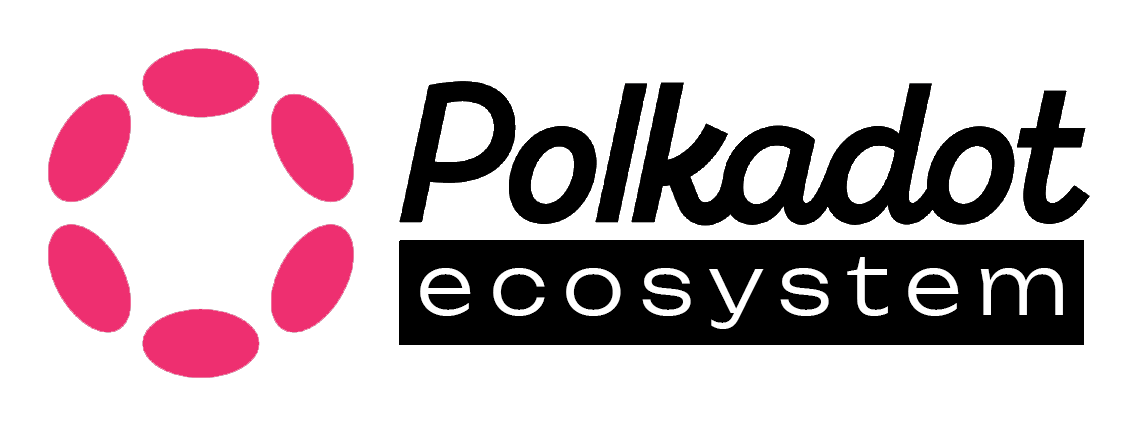Funding Avenues Within the Polkadot Ecosystem
Ce contenu n’est pas encore disponible dans votre langue.
In a recent talk at Sub0 Bangkok 2024, Joshua Cheong (Parity) and Seraya Takahashi (Web3 Foundation) provided an in-depth look at the diverse funding avenues available within the Polkadot ecosystem. This article delves into their discussion, highlighting the key programs and opportunities for developers and projects looking to build on Polkadot.
Joshua Cheong, part of the Parity team, and Seraya Takahashi from the Web3 Foundation’s grants team, led the session. They outlined various funding mechanisms designed to support and foster innovation within the Polkadot network.
Polkadot Decentralized Futures Program
The Decentralized Futures Program is a significant funding initiative with a budget of $20 million in fiat and $5 million in DOT, totaling over $70 million at current valuations. This program aims to kickstart projects with sustainable business models, whether through tokenomics or traditional business models. It’s open until the end of June, with feedback provided to applicants by August. The program is flexible in terms of focus and funding mechanisms, offering grants, investments, and service agreements in both fiat and DOT.
Key metrics for proposals include proven track records, open source preferences, and alignment with the Polkadot ecosystem. Projects are encouraged to introduce themselves on the Polkadot forum to gather community feedback, which plays a role in the decision-making process.
Web3 Foundation Grants Program
The Web3 Foundation’s Grants Program is tailored towards technical implementations, with a budget ranging from $10,000 to $100,000, although larger grants are possible with additional approvals. This program focuses on development or research projects that use open-source licenses and have high reusability potential. Projects that have conducted successful token sales or focus on specific tokens are generally not funded.
The program has supported numerous parachains, many of which have successfully launched, demonstrating its impact on the ecosystem.
Requests for Proposals (RFPs)
RFPs are declarations of interest for specific developments within the ecosystem. While most RFPs are submitted by the Web3 Foundation’s grants team, anyone can propose an RFP. These are reviewed democratically and are transparent, with all information available on GitHub.
Treasury Funding
The Polkadot and Kusama treasuries represent significant funding sources, with current capacities of $427 million in DOT and $60 million in KSM, respectively. Treasury proposals can range from runtime upgrades to spending proposals for ecosystem efforts. The decision-making process is entirely community-driven, with token holders voting on proposals.
Pioneers Prize
The Pioneers Prize is a bounty program with a pool size of 1 million DOT, focusing on zero-knowledge innovations and node implementations. Projects in these areas are encouraged to apply for funding through this initiative.
Parachain-Specific Programs
There are various grants programs specific to individual parachains within the Polkadot ecosystem. These programs provide additional funding opportunities for projects building on specific technologies offered by these parachains.
Polkadot Alpha Program
Joshua Cheong introduced the Polkadot Alpha Program, a development support initiative for aspiring developers and teams. This program offers guidance through office hours, persona-based guides, and product-specific documentation. It aims to make the development journey smoother by providing resources and support at various stages, from technical decision-making to integration and sustainability.
Conclusion
The Web3 Foundation and the Polkadot ecosystem offer a robust suite of funding and support programs for projects aiming to innovate and build on Polkadot. From the Decentralized Futures Program to specific parachain grants and the Polkadot Alpha Program, there are numerous opportunities for developers to secure funding and support for their projects.
For those interested in applying, detailed guidelines and additional information are available on the respective program websites and the Polkadot forum.

